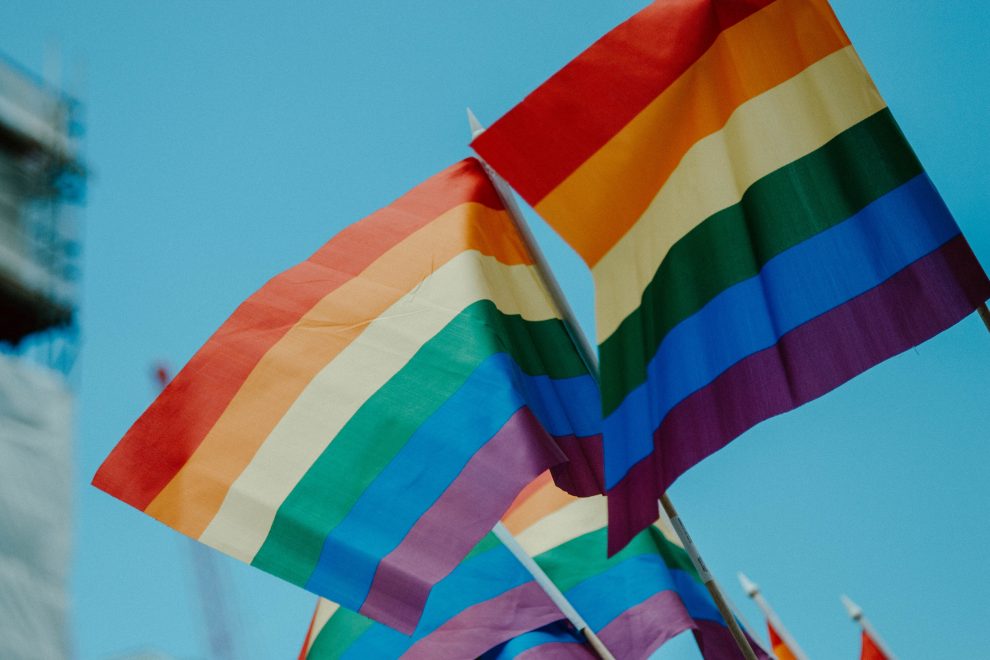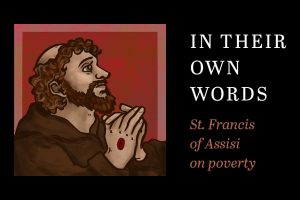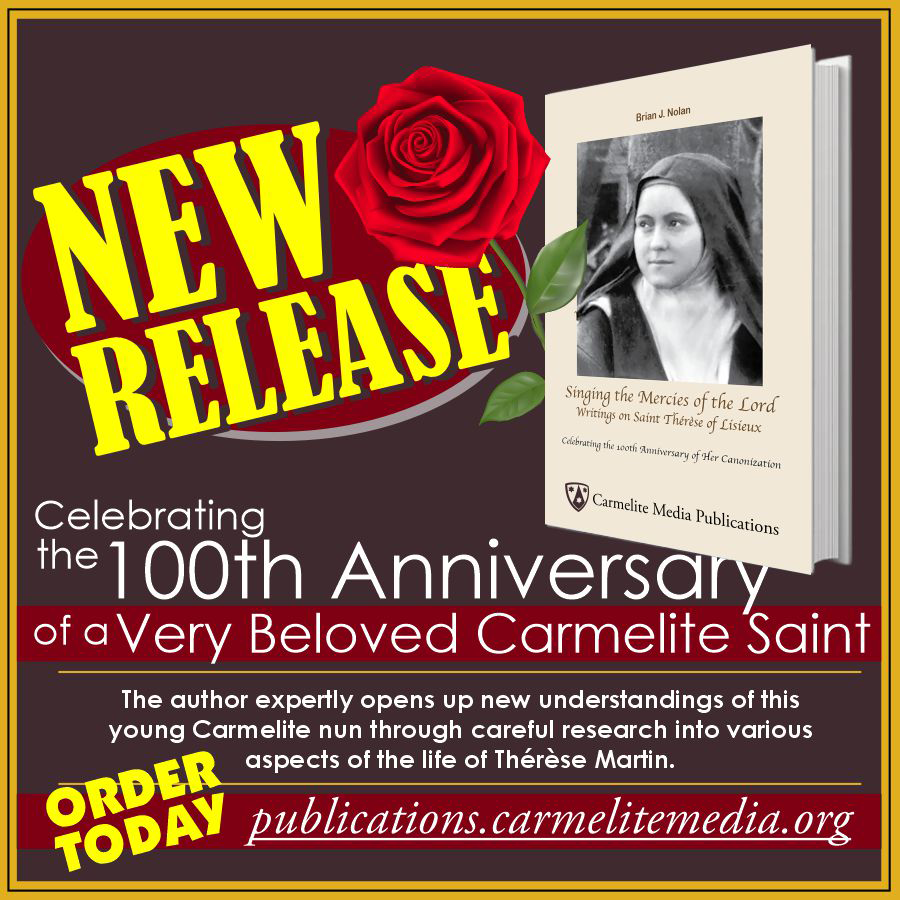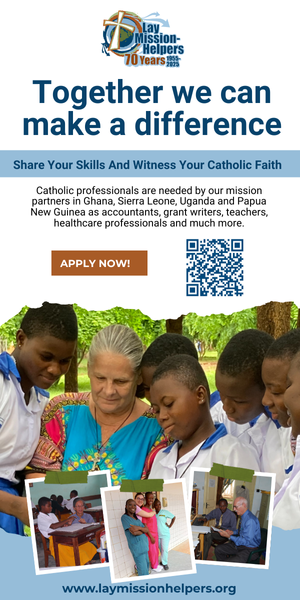Over three decades of Mass-going, I’ve explored pretty much every avenue of distraction to make the time pass: pestering my brothers, making faces at buddies who were serving, and, in my adult years, reading the bulletin. I’ve found all but the last to earn me trouble, but I think I’ve found a new and completely respectable remedy to my wandering attention: A beautiful brown-eyed girl named Isa.
With no kids of my own, I admit to being an occasional baby-thief—did I mention Isa is 11 months old?—and Isa’s parents are happy to let me have her for as long as I can handle her. There’s only one sticking point: To borrow the title of a controversial children’s book, Isa has two mommies.
I realize some might be surprised to hear of a family like Isa’s at a Catholic church or even troubled by their presence. After all, both the Vatican and the U.S. bishops have been unequivocal in their rejection of same-sex relationships and parenting. The U.S. bishops put it plainly in their November 2009 pastoral letter on marriage: “The legal recognition of same-sex unions poses a multifaceted threat to the very fabric of society.” Vatican documents have argued that placing children for adoption with same-sex couples is to commit a kind of violence against those children.
Such language is, I’m sure, hard on Isa’s Catholic parents, trying as they are to raise a child as a committed couple. I know it is hard on the parents of gay and lesbian Catholics: I’ll never forget the father who, at a conference on the church and homosexuality, expressed to the two retired bishops in attendance both grief and outrage that his partnered lesbian daughter was not welcome in the church he had faithfully raised her in.
On the one hand, there is the Catholic Church’s clear and consistent teaching that a homosexual orientation is an “objective disorder” and that sex between people of the same gender is “intrinsically evil,” that is, can never be morally justified. That stance logically progresses to opposition to gay marriage and parenting, which is no doubt shared by many Catholics who are alarmed at attempts to change the legal definition of marriage.
On the other hand, others, myself included, hear a different story from gay and lesbian Catholics, especially when they speak of their aspirations to commitment and family life. To think of Isa’s family as “a multifaceted threat” is profoundly jarring to say the least. I’m sure I’m not the only Catholic who feels stuck between the teaching of the church and my own experience, though Catholics are certainly not free to dismiss the former just because it contradicts the latter.
At the same time the profound disconnect between the experience of conscientious baptized people and church teaching should concern all of us. The wider the chasm, the greater the danger that people will simply reject church teaching as out of touch, not only undermining its authority on matters of sexuality but also on other pressing moral issues. One need only consider the nearly complete divergence between the church’s teaching on birth control and the decisions of Catholic married couples to find a case in point.
In its “Pastoral Constitution on the Church in the Modern World,” the Second Vatican Council proclaimed that “the joys and the hopes, the griefs and the anxieties of the people of this age . . . are the joys and hopes, the griefs and anxieties of the followers of Christ.” That aspiration must extend to the gay and lesbian members of Christ’s body, even and perhaps especially when the distance between church teaching and their lives is great.
How we share those joys and hopes, griefs and anxieties, is an open question, but I see no danger in bishops sitting down with gay and lesbian Catholics to speak about these issues. A meeting of the minds may be unlikely, but a meeting of hearts isn’t out of the question. The first law of the gospel, after all, is charity, and it is charity that has often been a casualty in the church’s debate about homosexuality.
As for me, I can only say that my experience of the “catholic,” or universal, dimension of the church would be profoundly diminished if Isa’s family wasn’t a part of my Sunday assembly. Though life in Christ’s body is not always neat or easy, sticking together makes us, or so I hope, a fuller sign to the world of the love God extends to all people.
This article appeared in the January 2010 issue of U.S. Catholic magazine (Vol. 75, No. 1, page 8).
Image by Daniel James via Unsplash
















Add comment